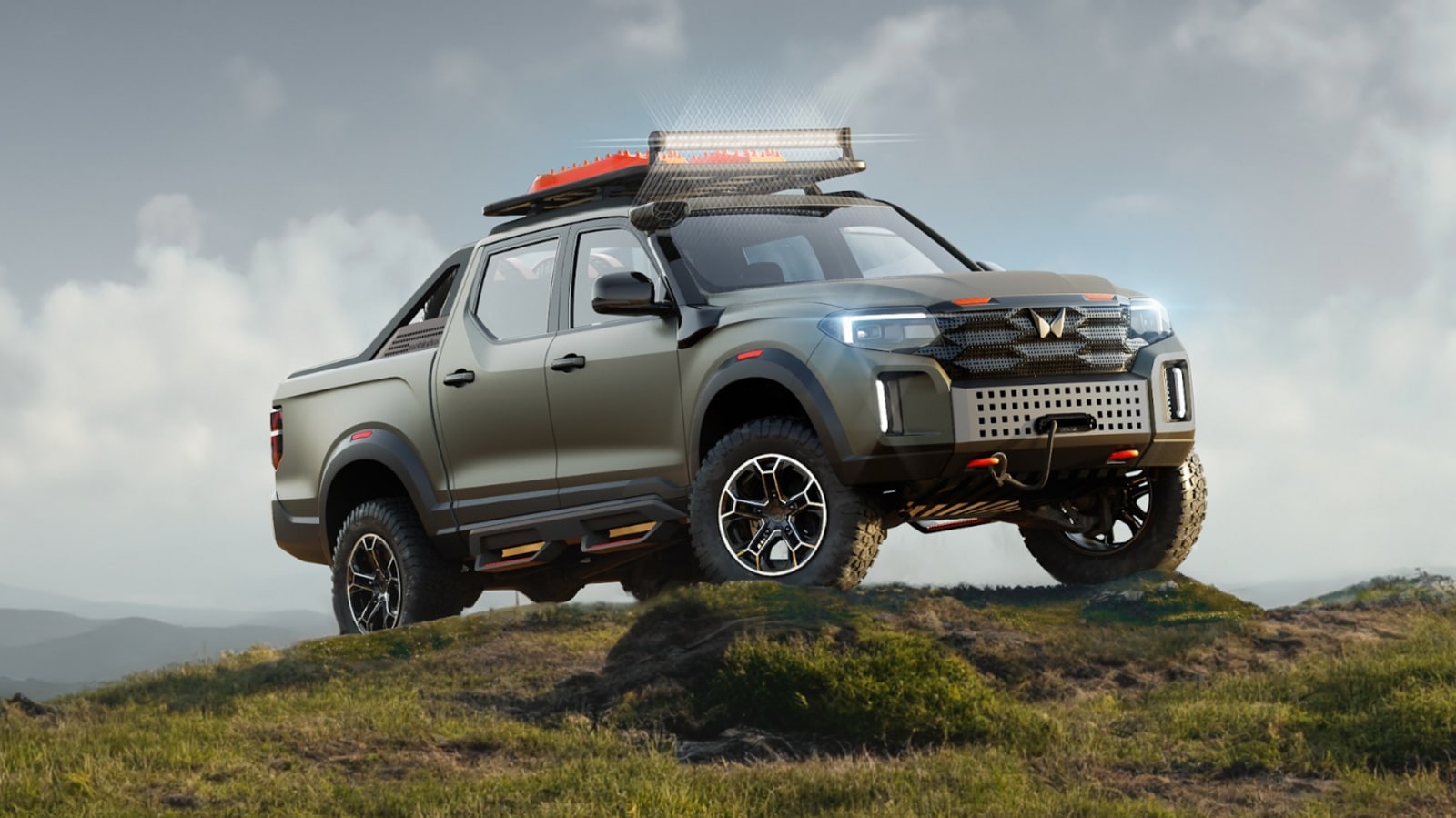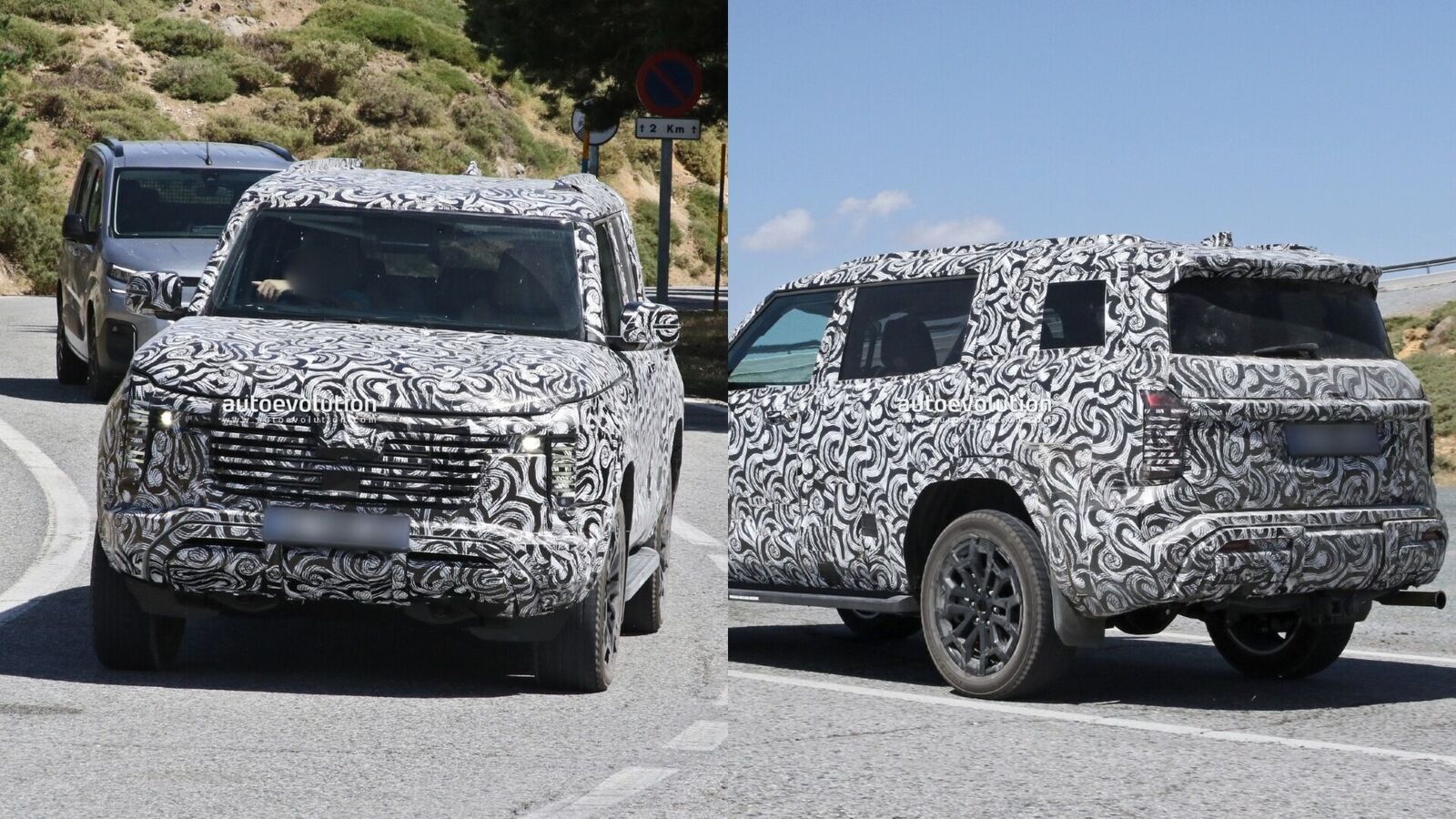That surging call for is why the corporate additionally moved in April to obtain the chipmaker TSI Semiconductors in Roseville, Calif. Bosch mentioned it is going to spend $1.5 billion to improve the ability to form it a hub for silicon carbide chip manufacturing within the U.S. via 2026 because it appears to satisfy surging call for within the area for parts made with the fabric.
“We are heavily investing in floor space and machines just to be able to fulfill customer demands, which are worldwide because everybody wants to electrify,” Leinenbach mentioned. “And if you want to do that seriously, you have to use silicon carbide chips.”
The fabric isn’t fresh, but it surely has come into focal point for the car trade over the week a number of years as producers search for tactics to form EVs extra environment friendly and let go charging occasions, assuaging two main considerations for plenty of doable EV patrons.
Silicon carbide chips trade in many benefits over conventional silicon chips when worn in EV inverters. They allow quicker charging via being extra strong at top voltages, take in much less room than silicon chips and are extra environment friendly, serving to automakers to avoid wasting territory, spice up charging occasions and lengthen area via up to 6 %.
“There’s no way to avoid silicon carbide,” Leinenbach mentioned. “If you want to do power charging, you need silicon carbide. I don’t want to charge an electric car for three hours off the highway. I want a super charger that can do it in 10 to 15 minutes.”
It’s a view echoed via executives at a lot of Bosch’s competition, in addition to the ones well-known main semiconductor makers international.
“With silicon carbide, compared to silicon, you can improve your efficiency by a significant factor,” BorgWarner CEO Frederic Lissalde advised Car Information Europe.




